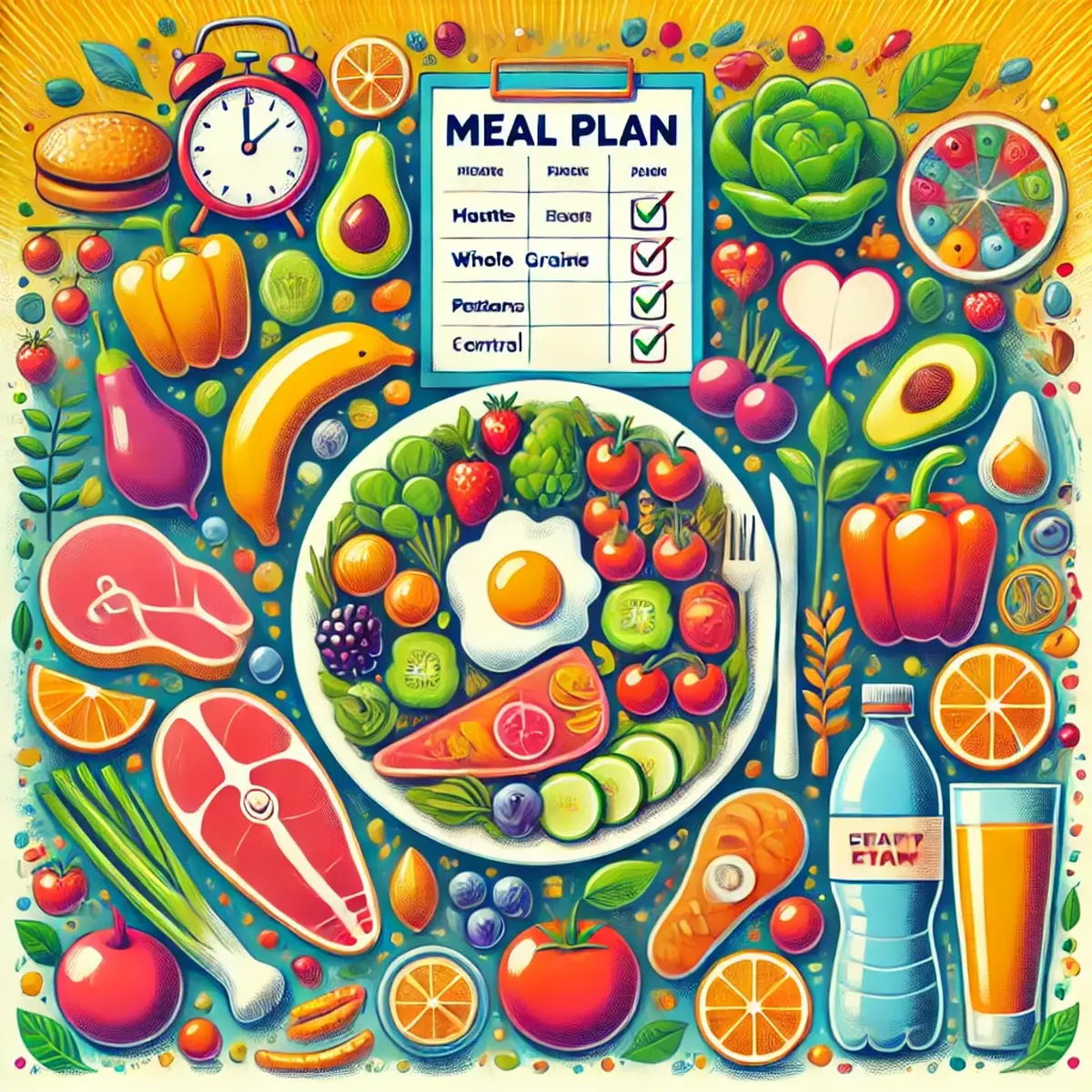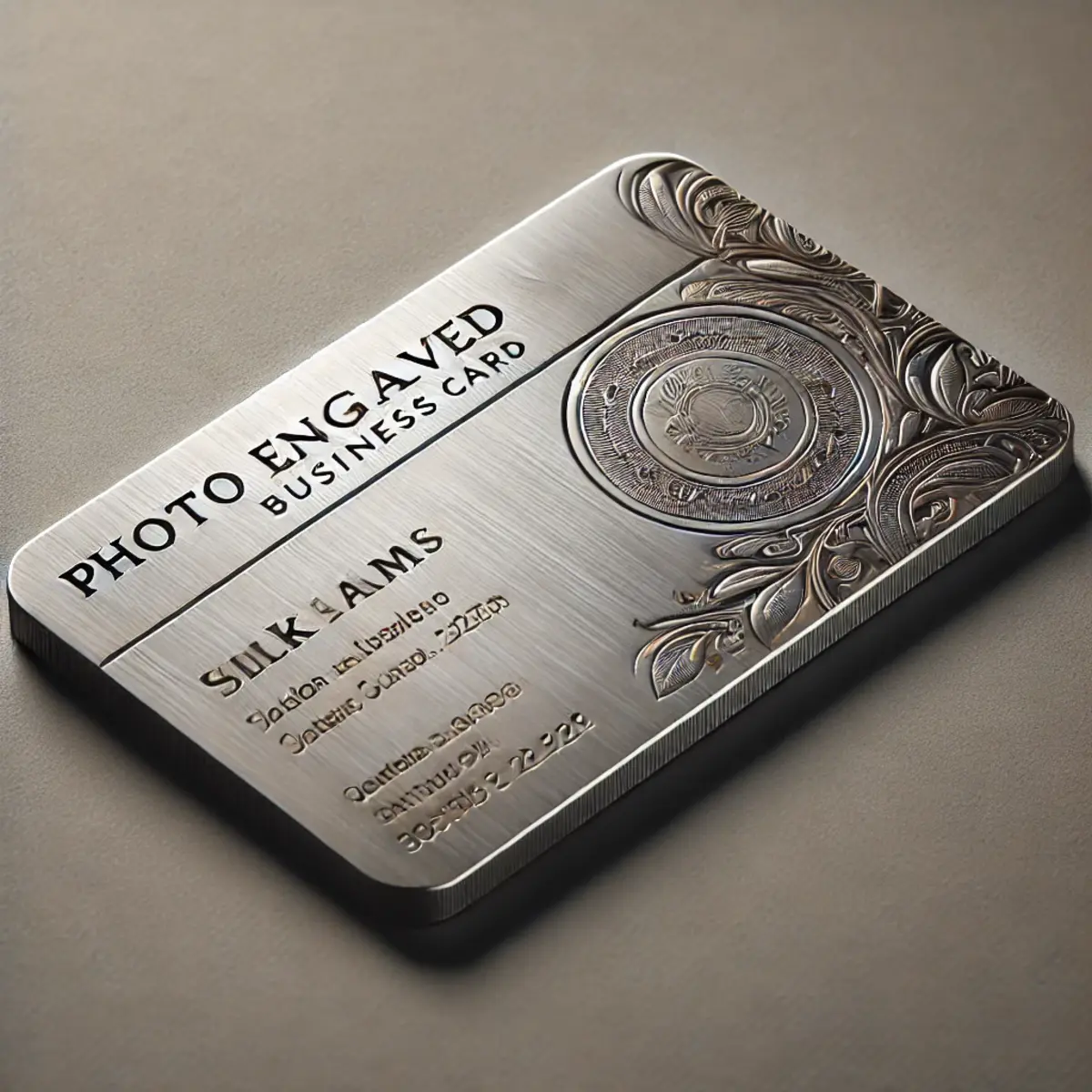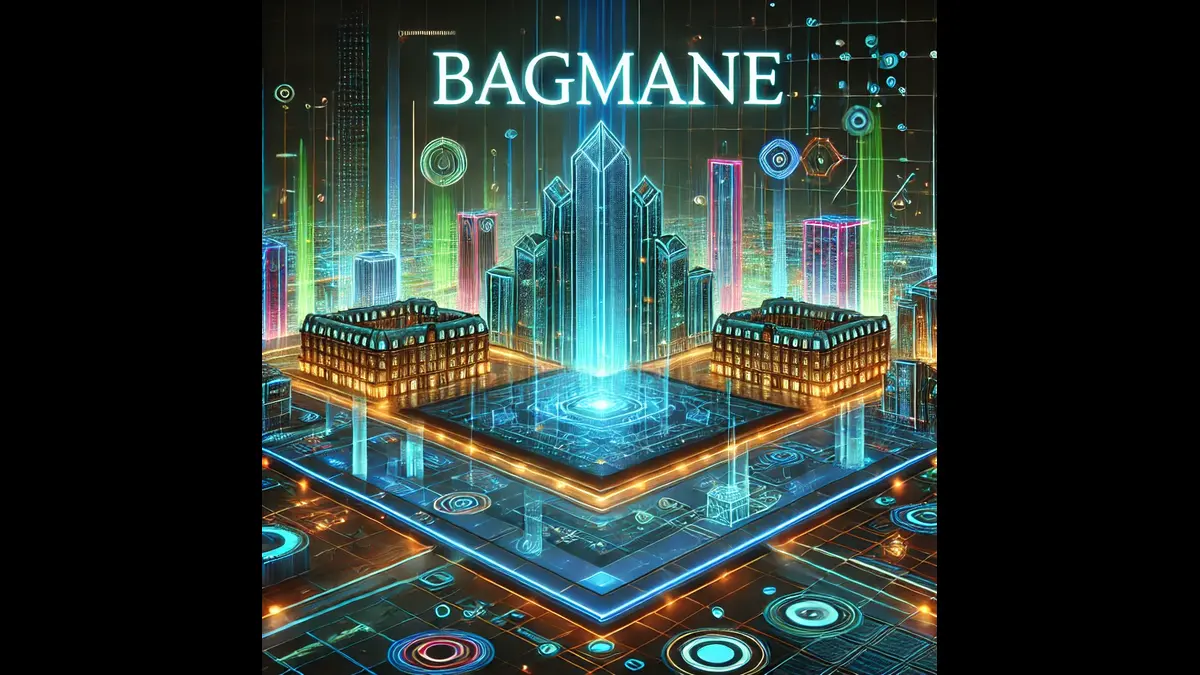Starting a food and beverage business requires careful planning and a solid strategy. A well-structured business plan serves as a roadmap to guide entrepreneurs through every stage of their venture, from concept development to financial planning and operations.
Why You Need a Food and Beverage Business Plan
A business plan is essential for securing funding, attracting investors, and ensuring long-term success. It provides clarity on goals, financial projections, and market positioning.
Key Components of a Food and Beverage Business Plan
1. Executive Summary:
An overview of the business concept, mission statement, and key financial highlights.
2. Business Description:
Details about the type of food and beverage service (e.g., restaurant, café, food truck), location, and target market.
3. Market Analysis:
Research on industry trends, customer demographics, and competitive landscape.
4. Marketing and Sales Strategy:
How you plan to attract and retain customers through promotions, branding, and advertising.
5. Menu and Product Offerings:
A detailed description of the food and beverage items, including pricing strategies.
6. Operations Plan:
Information on suppliers, staffing requirements, and day-to-day business operations.
7. Financial Plan:
Projected income statements, balance sheets, and cash flow forecasts to assess financial viability.
Benefits of Having a Business Plan
1. Attracting Investors:
A clear plan increases credibility and investor confidence.
2. Budget Management:
Helps allocate resources efficiently and avoid financial pitfalls.
3. Strategic Growth:
Guides expansion efforts and adapts to market changes effectively.
4. Risk Mitigation:
Identifies potential challenges and offers solutions to overcome them.
FAQs About Food and Beverage Business Plans
1. Can I download a free food and beverage business plan PDF?
Yes, many websites offer free templates that can be customized to fit your business needs.
2. How long should a business plan be?
It typically ranges from 15 to 30 pages, depending on the complexity of the business.
3. Do I need a business plan if I’m self-funding my venture?
Yes, having a business plan ensures clear direction and goal tracking.
4. What financial information should be included?
Include startup costs, revenue projections, break-even analysis, and funding requirements.
5. How often should I update my business plan?
Regular updates are recommended, especially when market conditions or business goals change.
6. Is professional help necessary to write a business plan?
While DIY options exist, professional assistance can provide valuable insights and a polished document.
7. How can a business plan help with marketing?
It outlines target customer profiles and effective marketing strategies to reach them.
Conclusion
A food and beverage business plan PDF is an invaluable tool for entrepreneurs looking to build a successful and sustainable venture. Whether you’re opening a café, restaurant, or catering business, a well-structured plan will help you stay organized, attract investors, and achieve long-term success.














